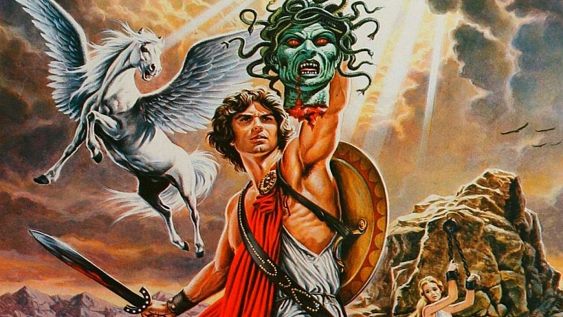Perseus — Greek Hero in Mythology

The only son of Zeus and Danae – and, thus, a half-god by birth – Perseus was one of the greatest heroes in Greek mythology, most renowned for beheading the only mortal Gorgon, Medusa, and using her severed head (capable of turning onlookers into stone) as a mighty weapon in his subsequent adventures. These famously include the slaying of the sea monster Cetus which led to the rescuing of the Aethiopian princess Andromeda, who would eventually become Perseus’ wife and bear him at least one daughter and six sons. One of these was Electryon, the father of Alcmene, whose union with Zeus produced the most complete Greek hero ever, Heracles. This makes Perseus both Heracles’ great-grandparent and his half-brother, both a symbolic predecessor and a worthy peer.
The Prophecy of Perseus’ Birth
Acrisius, the king of Argos, had a beautiful daughter by the name of Danae. Once he was told by the Oracle of Apollo that there would come a day when one of Danae's sons would kill him. To thwart the prophecy, Acrisius imprisoned his daughter in bronze, underground chamber; that way – he thought – she would never be able to marry, let alone have any offspring.
The Quest for the Gorgon Medusa
Perseus is most famous for his expedition against the Gorgons, during which he slew the only mortal of the three, Medusa, taking with him her severed head – capable of turning anyone into stone – and using it as a powerful
Perseus’ Later Adventures
On his way back to Seriphos, Perseus encountered the Titan Atlas and turned him into a stony mountain; afterward, he killed the sea-monster Cetus and, thus, earned the hand of the Aethiopian princess Andromeda, who was supposed to be sacrificed to him. Back in Seriphos, upon learning that he had harassed his mother, Perseus turned Polydectes into stone. Afterward, accidentally, he killed his grandfather Acrisius as well, thus fulfilling the prophecy which caused his wanderings in the first place.